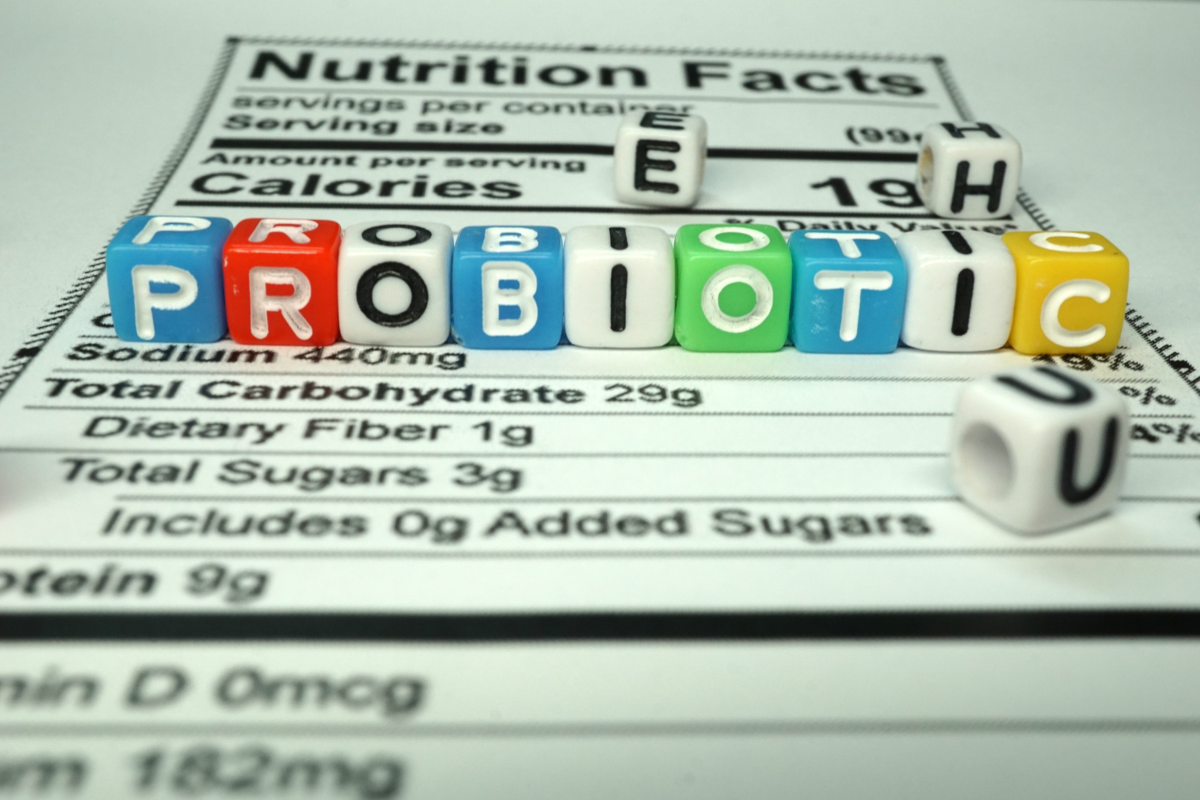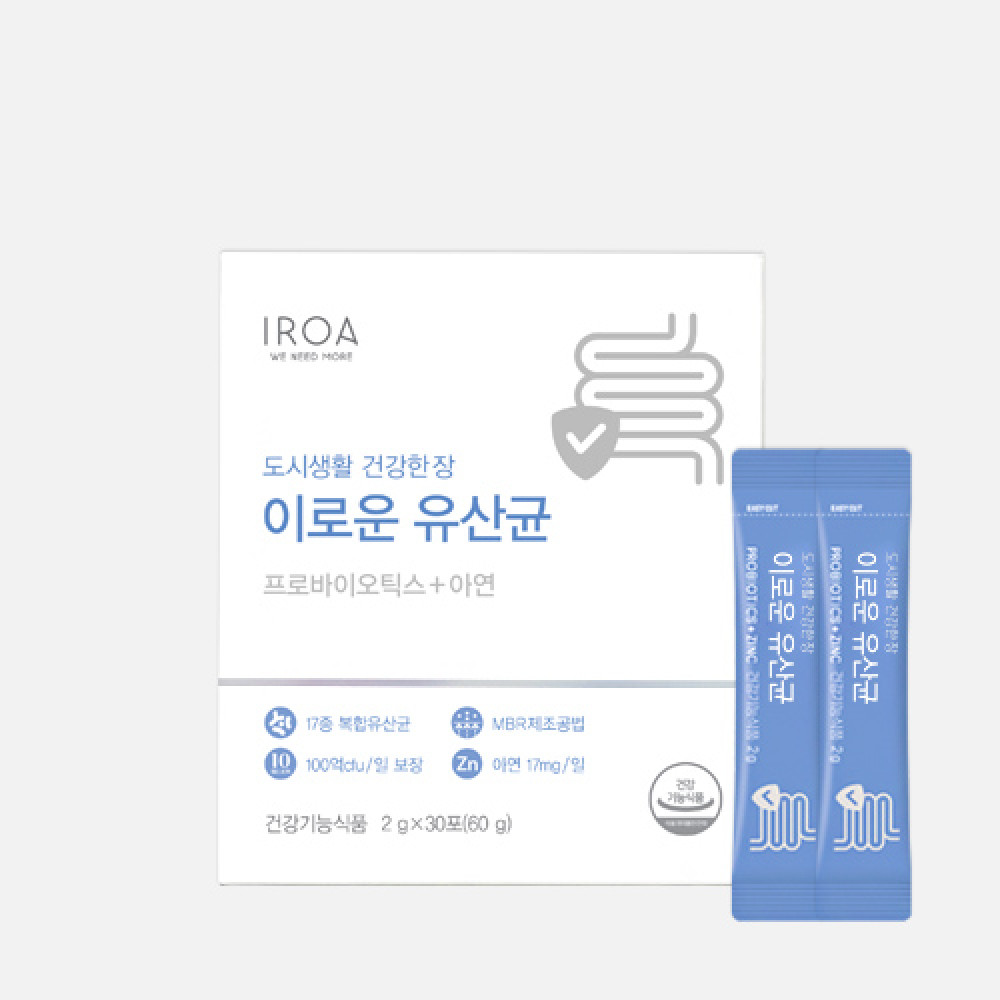As consumers become more health-conscious, probiotics have gained immense popularity in recent years. But what are probiotics, and why are they so important?
In this comprehensive guide, we’ll take a deep dive into the world of probiotics and explore everything you need to know about these beneficial bacteria, including their benefits, how to choose the right probiotic supplement, and much more.

What are Probiotics?
Probiotics are live microorganisms that are believed to offer health benefits when consumed in adequate amounts. These beneficial bacteria can be found in various foods, such as yogurt, kefir, kimchi, and sauerkraut, and they can also be consumed in supplement form.
There are many different strains of probiotics, each with their own unique benefits. Some of the most common strains of probiotics include Lactobacillus acidophilus, Bifidobacterium lactis, and Streptococcus thermophilus.
-20230301034933.png)
Benefits of Probiotics
Probiotics have been linked to a wide range of health benefits, including improved digestion, enhanced immune function, and even weight loss. These beneficial bacteria can help to restore the balance of gut bacteria, which can become disrupted due to factors such as poor diet, stress, and antibiotics.
Studies have also shown that probiotics may be beneficial for individuals with specific health conditions, such as irritable bowel syndrome (IBS), inflammatory bowel disease (IBD), and even depression and anxiety.
Choosing the Right Probiotics Supplement
When choosing a probiotics supplement, it’s important to consider factors such as the number of live bacteria, the specific strains included, and the shelf life of the supplement. Look for supplements that contain at least 1 billion CFUs (colony forming units) per serving, as well as a variety of different strains.
It’s also important to choose a high-quality supplement from a reputable manufacturer to ensure that the bacteria are alive and active. Look for products that are stored in the refrigerator section of the store or that are sold in a refrigerated package to ensure that the bacteria are kept alive.

How to Take Probiotics
Probiotics can be consumed in many different forms, including yogurt, kefir, and fermented vegetables. However, taking a daily probiotic supplement is often the easiest and most convenient way to ensure that you’re getting a consistent dose of beneficial bacteria.
When taking a probiotic supplement, it’s important to follow the recommended dosage on the label. It’s also a good idea to take the supplement with food, as this can help to protect the bacteria from stomach acid and improve their survival rate.
Side Effects of Probiotics
While probiotics are generally considered safe, they can sometimes cause side effects, such as bloating, gas, and diarrhea. These side effects are typically mild and temporary, and they usually resolve on their own within a few days.
However, individuals with weakened immune systems or other serious health conditions should talk to their doctor before taking probiotics, as these beneficial bacteria may not be suitable for everyone.
In Conclusion
Probiotics are a hot topic in the health and wellness world, and for good reason. These beneficial bacteria offer a wide range of health benefits and can be easily consumed in many different forms.
By choosing a high-quality probiotic supplement and following the recommended dosage, you can support your gut health and overall wellness. So why not give probiotics a try and see how they can benefit your health?





-20230321012125.png)


Comments: 0